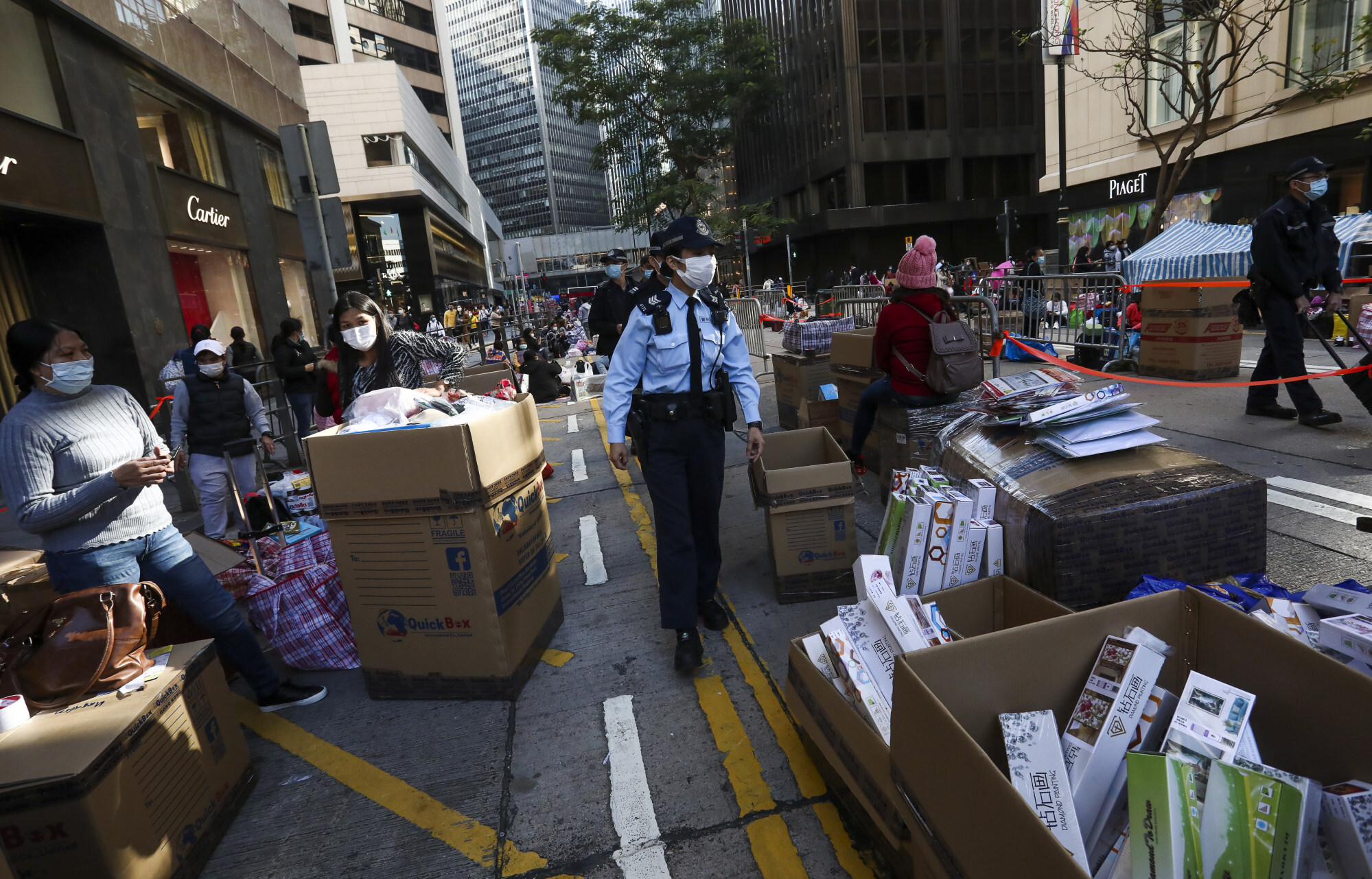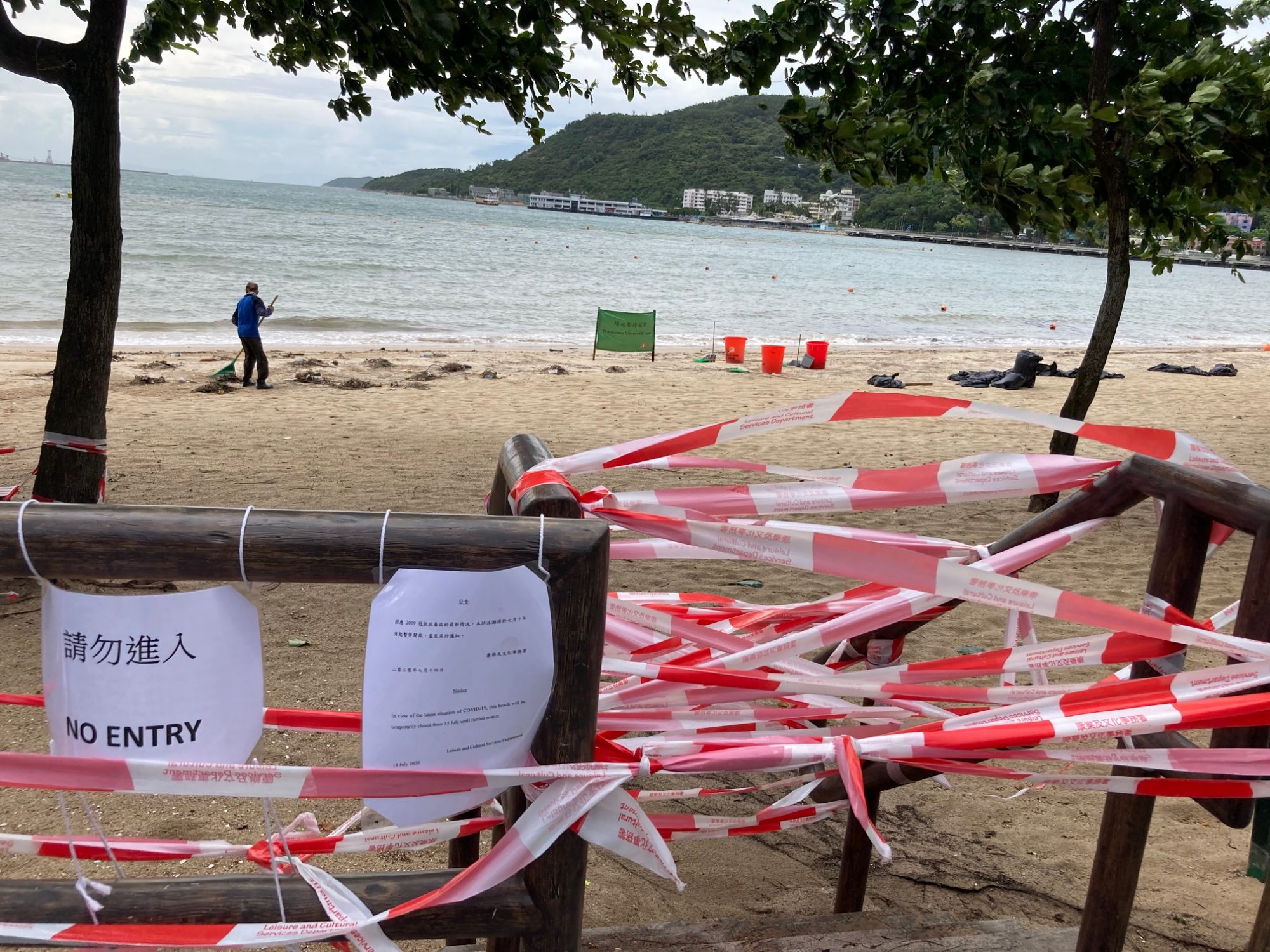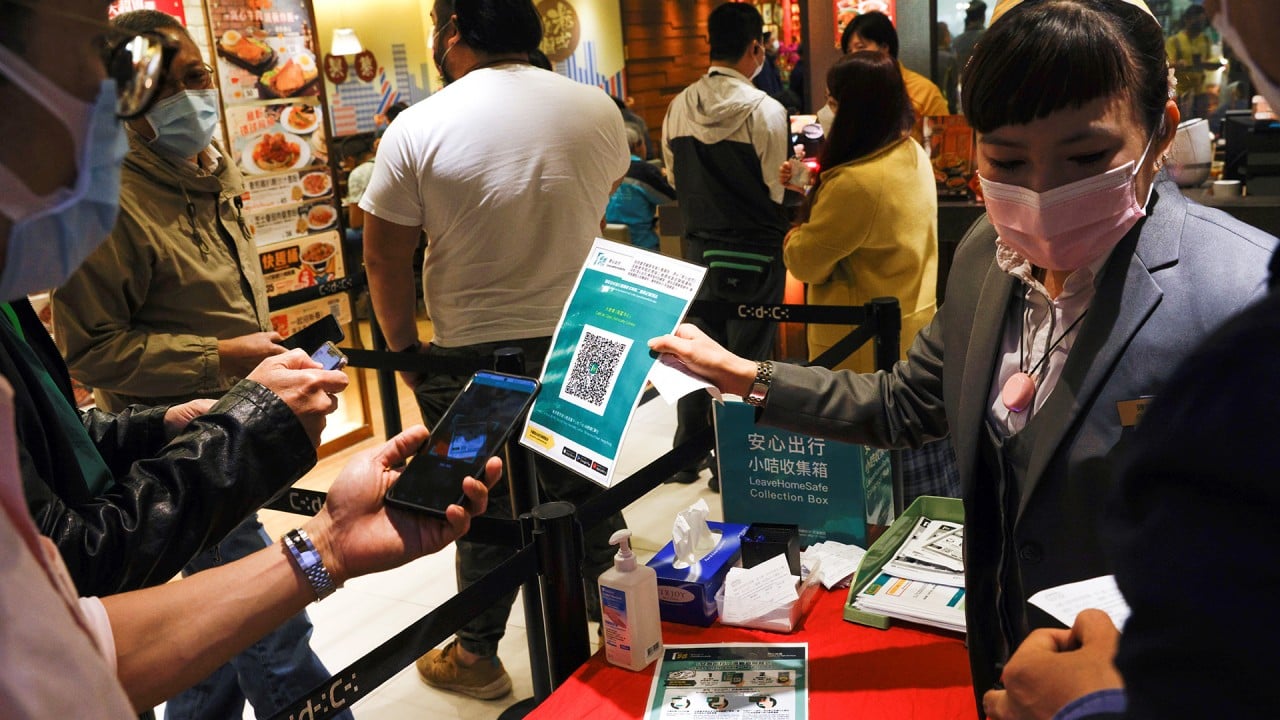
Hong Kong is heading for coronavirus fatigue if ‘suppress and release’ policy is not reviewed
- The authorities should adopt a targeted approach instead of sticking to the all-enveloping measures drawn up when we weren’t sure how Covid-19 was spreading
It is understandable that, given Hong Kong is a densely populated city, we have to be alert to be one step ahead of the virus. But as we go past the one-year mark since such policies started, they are also having a telling effect on the economic and social life of the city’s residents.
When the disease began to spread in Hong Kong early last year, authorities drew up an action plan based on advice from health experts on ways to cut the transmission chain. Stepped-up hygiene, restrictions on gatherings, closure of businesses where people converged, work from home and online classes were introduced. And this worked remarkably well as the spread of Covid-19 virus was contained effectively.
As the disease returned in a second, third and fourth wave, a “suppress and release policy” became the norm.
It is now confirmed that Covid-19 can be spread through the airborne droplets and that closed areas with bad air circulation are conducive to the spread of the virus. But the chances are lower of people being infected in open air areas and places with adequate ventilation.

The authorities should take into account the uneven impact of their policies and re-evaluate them in favour of targeted application of the restrictive measures needed to guard against Covid-19.

People should be allowed to enjoy outdoor facilities and, indeed, encouraged to go out into the open space rather than heading to shops and malls where the chances of contracting virus through air recirculation are higher. The residents of Hong Kong by and large have abided by hygiene and social distancing measures, and there is no reason to fear that this will slip if they are allowed more outdoor activities.
It has been more than a year since the virus threw the life in the city into a disarray. Over these 12 months, we can evaluate which are the areas where we need to be on guard.
The authorities should now be able to adopt a more flexible approach instead of sticking to the all-enveloping restrictions that were drawn up when we had no clue about how Covid-19 was spreading.
Hari Kumar is a journalist based in Hong Kong since 2003


